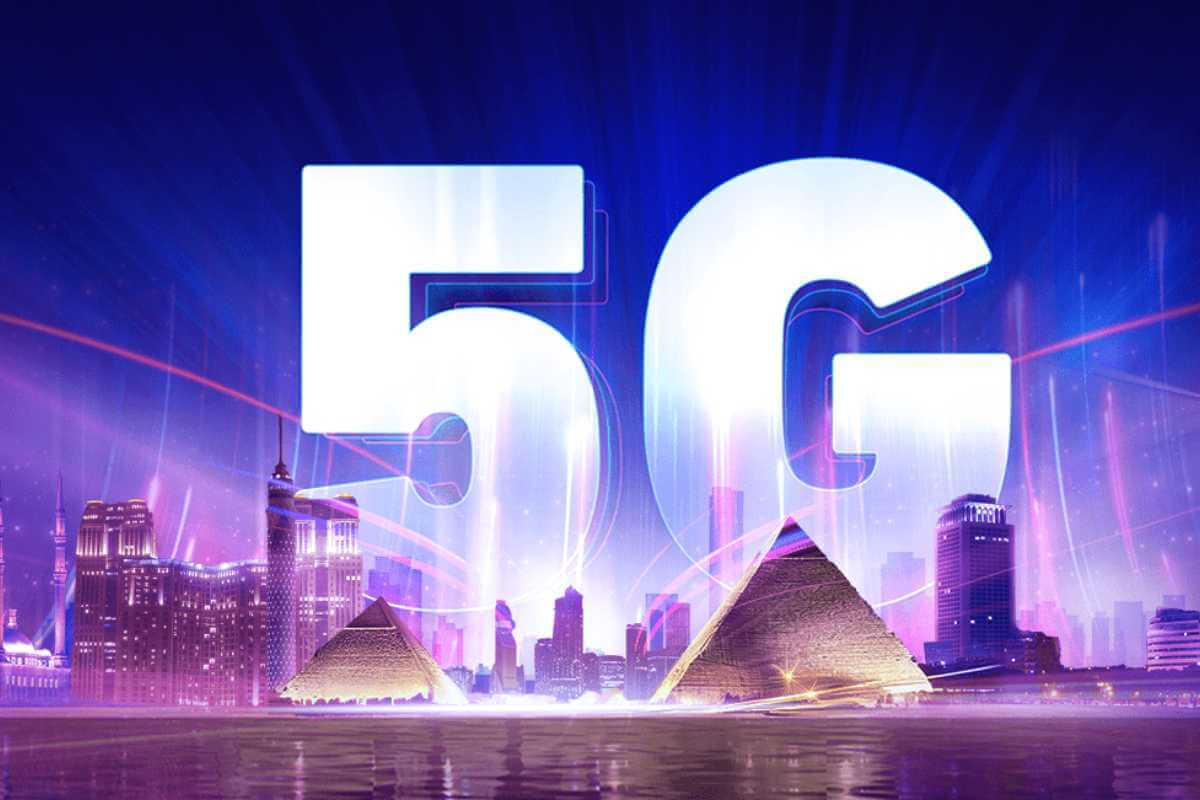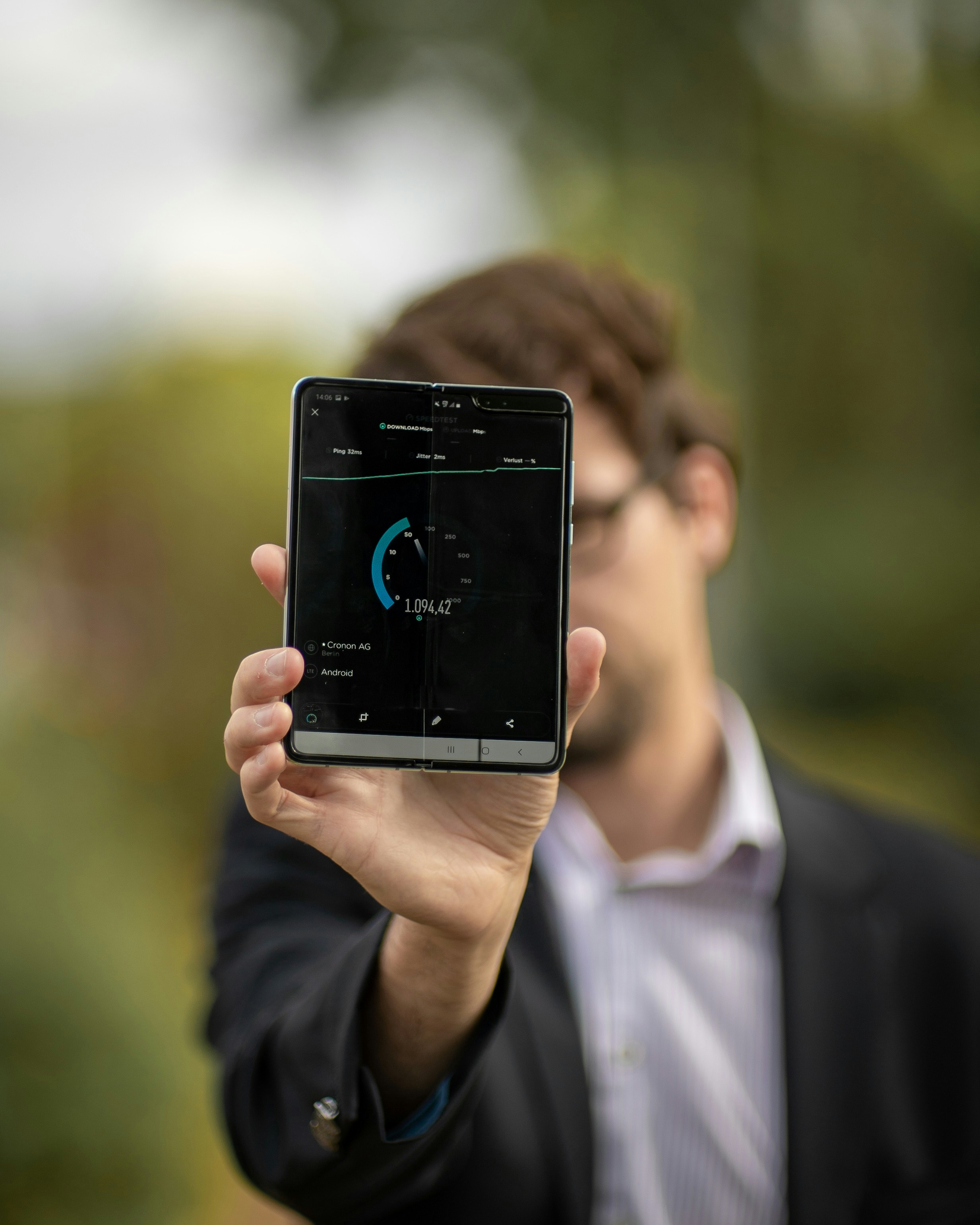Have you ever wondered how the rollout of 5G technology could impact a country like Egypt, both in terms of connectivity and economic growth? It’s an exciting frontier that signals significant transformation in various sectors. As the world becomes increasingly connected, understanding how these advancements unfold in specific regions can offer fascinating insights into the digital future.
owner of video copyright is Gventures https://www.youtube.com/@Gventures
Understanding 5G Technology
To kick things off, it’s essential to grasp what 5G really means. You might have heard buzz about its faster speeds and lower latency, but there’s more beneath the surface. It’s the fifth generation of mobile networks, designed to connect virtually everyone and everything, including machines, objects, and devices. It’s not just an upgrade from the current 4G; it’s a technological leap set to influence everything from smart city infrastructure to telemedicine.
Key Features of 5G
Before diving into its impacts in Egypt, let’s look at some key features:
- Higher Speed: Expect download speeds ranging from 10 to 100 times faster than 4G. Imagine downloading a full-length HD movie in seconds.
- Ultra-low Latency: This means virtually no delay, which is crucial for real-time applications like autonomous driving or remote surgeries.
- Increased Capacity: 5G can handle a massive amount of connected devices without sacrificing performance.
Current State of Connectivity in Egypt
With these advancements on the horizon, it’s critical to understand where Egypt stands now in terms of connectivity. Over the years, the country has made significant progress in digital infrastructure. Yet, the digital divide between urban and rural areas persists, presenting both challenges and opportunities.
Internet Usage and Mobile Connectivity
As of now, a significant portion of Egypt’s population relies on mobile internet. With over 100 million people, mobile penetration is impressive, but internet access in remote and rural areas lags. Transitioning to 5G holds the promise of bridging this gap.
Challenges in Current Connectivity
There are several hurdles:
- Infrastructure: Current infrastructure needs significant upgrades to support 5G.
- Cost: Introducing new technology comes with high costs, both for service providers and consumers.
- Regulatory Environment: Navigating the regulatory landscape is crucial to implement these changes smoothly.
The 5G Rollout in Egypt
So, what does the 5G rollout look like in Egypt? Well, this shift is not happening overnight. It’s a process involving meticulous planning, investment, and strategic partnerships.
Initiatives and Collaborations
Egypt has initiated steps toward 5G adoption. Government bodies, telecommunication companies, and technology firms are joining forces to lay down the groundwork. Pilot projects have been launched to test the technology and its impact on existing infrastructure.
Timeline and Roadmap
The journey to nationwide 5G isn’t immediate. Initial stages focus on research and small-scale implementation in urban areas. It’s a strategic play to work out any kinks before broader deployment. Estimates suggest a phased approach over several years.
Impact on Economic Growth
Next on the agenda is understanding how 5G influences Egypt’s economic landscape. The potential is immense, offering benefits that could ripple across various sectors of the economy.
Boosting Industries
From agriculture to tourism, 5G has the capability to revolutionize how industries operate.
- Agriculture: With smart farming technologies, farmers could receive real-time data on weather patterns, soil health, and crop conditions.
- Tourism: Enhanced mobile experiences for tourists can lead to richer engagement and spending.
Job Creation and Economic Opportunities
As industries expand, so do job opportunities. The demand for new skills and expertise in technology and telecommunications could spur workforce development initiatives, providing jobs and enhancing the overall skill set of the workforce.
Enhancing Connectivity
Beyond economic implications, let’s not forget how 5G can transform your everyday experiences with connected devices.
Smart Cities and IoT
Envision Egypt’s urban spaces morphing into smart cities. Internet of Things (IoT) devices powered by 5G can lead to more efficient energy management, better traffic systems, and improved public safety.
Education and E-learning
5G can redefine education, particularly with real-time, interactive online learning capabilities. This can level the educational playing field, providing quality education resources to underserved areas.
Overcoming Challenges
Despite these promising prospects, the path to widespread 5G adoption in Egypt isn’t without its hurdles.
Financial Constraints
Rolling out 5G is a costly endeavor. From infrastructure upgrades to customer adoption, the financial implications are substantial. Balancing cost with affordability is essential.
Regulatory and Policy Framework
The government must create and maintain an enabling environment for 5G. This involves policies that support innovation while safeguarding consumer rights.
Public Awareness and Adoption
There’s a need to educate the public on the benefits of 5G. Misinformation or lack of information can slow down adoption. Ensuring that citizens understand and trust 5G technology is part of the process.
Conclusion
To wrap things up, Egypt is on the cusp of a digital transformation with the rollout of 5G technology. While challenges exist, the benefits could be transformative, fostering enhanced connectivity and stimulating economic growth. Whether through improved industry performance, job creation, or building smart cities, the possibilities are vast. As Egypt stands at this technological crossroads, it’s not just about the technology itself, but about how it can reshape the nation’s future. So, what do you think? Are you ready to embrace this new era of connectivity?




